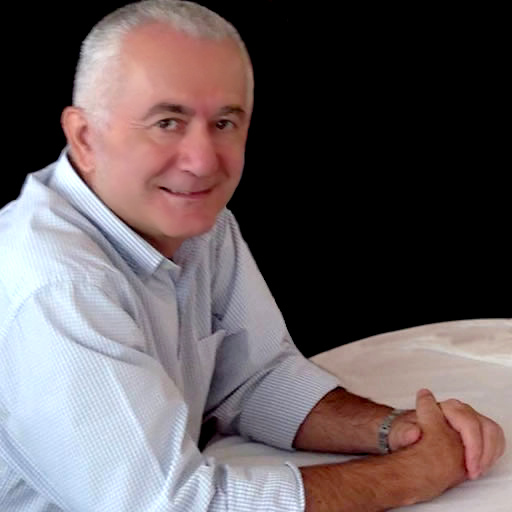Prof. Makrakis Vasileios

Prof. Makrakis Vasileios
Professor Emeritus, University of Crete, Greece
Title: Artificial Intelligence through an Aristotelian and Habermasian lens
Abstract: The presentation "AI Through an Aristotelian and Habermasian Lens" focuses on the philosophical implications of artificial intelligence (AI) by considering the views of Aristotle and Jürgen Habermas. It begins by exploring Aristotle’s teleological worldview, which posits that everything in nature has an inherent purpose. The presentation questions whether AI can possess its own telos, highlighting that AI lacks intrinsic purpose as an artifact defined by human goals.
By examining Aristotle's four causes—material, formal, efficient, and final—the presentation emphasizes AI’s lack of a final cause. It contrasts AI's simulated knowledge with proper understanding, asserting that while AI can mimic reasoning, it lacks moral agency and ethical considerations.
Transitioning to Habermas, the presentation argues that knowledge is intertwined with human interests. It identifies three cognitive interests—technical, practical, and emancipatory—underscoring the current dominance of technical interests in AI, which often compromises genuine human engagement.
The conclusion calls for a synthesis of both philosophers’ perspectives: AI should not only strive for human flourishing but also prioritize collective autonomy and ethical considerations. Ultimately, the presentation emphasizes the necessity of designing AI that serves both purpose and the greater or common good, fostering meaningful human eudemonia.
BIO: Vassilios Makrakis is an Em. Professor at the University of Crete. His main teaching and research interests focused on the didactics of new technologies, education for sustainable development, and the design and development of hypermedia instructional material. He is a Chair holder of the UNESCO Chair “ICTs in Education for Sustainable Development” and the Director of the Regional Centre of Expertise for Sustainable Development (RCE Crete), both of which are recognized by the United Nations University. Professor Makrakis has graduated from the University of Athens, Greece, and Concordia University, Canada. He received his Ph.D from the University of Stockholm, Sweden. In the past, he has worked at various Universities and research centers (the University of Stockholm and Hiroshima, the National Institute of Educational Research of Japan), as well as serving as a consultant to the United Arab Emirates Ministry of Education and UNESCO. He is the author of several books and more than 200 scholarly articles published in collective volumes, international journals, and conference proceedings. Prof. Makrakis has also coordinated and participated in more than 15 European, global, and national projects.